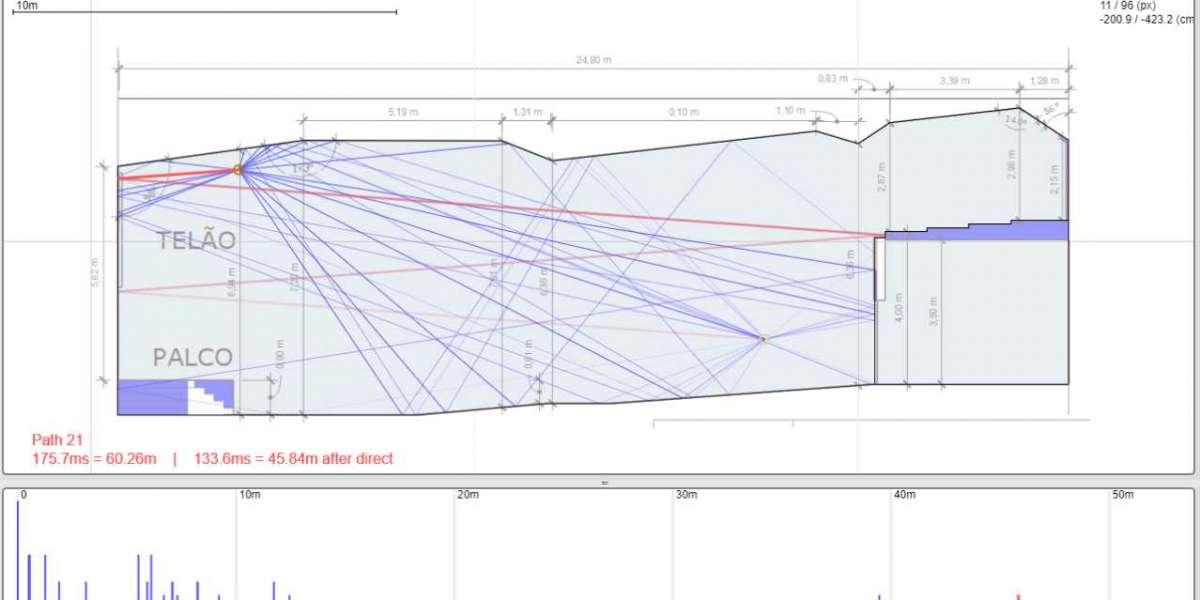The Earth That Ants Inhabit Demetrius Realm

The Earth that ants inhabit, often unnoticed by human eyes, forms an intricate and fascinating realm that is more than just a basic habitat. Within this realm, ants play a crucial role in shaping the ecosystem, and their daily activities influence the world around them in ways that are essential for biodiversity. The concept of "Demetrius' Earth for Ants" introduces a unique approach to understanding and managing ant populations, using an advanced CDS solution to simulate and monitor ant ecosystems in real-time.
Understanding Demetrius' Earth for Ants
The term "Demetrius' Earth for Ants" represents a conceptual and practical framework that merges nature with scientific innovation. It isn't just a space where ants live, but a structured environment where their behavior and impact on the surrounding ecology can be studied and enhanced. With a focus on maintaining ecological balance, Demetrius' Earth provides a sustainable solution to the challenges that arise from human encroachment on natural habitats.
In Demetrius' Earth, ants aren’t merely seen as pests or insignificant creatures. They are, in fact, ecological powerhouses. The CDS solution, integral to this framework, allows scientists to simulate how ants interact with their environment and with each other. By leveraging this solution, researchers can better predict the behaviors of various ant species and how they influence soil composition, plant growth, and other organisms within the habitat.
The Role of Ants in Demetrius' Realm
Ants, though small, are key architects of their environment. They have the unique ability to aerate soil, control pest populations, and even help in the distribution of seeds. Through the lens of Demetrius' Earth, the understanding of their role has expanded. The CDS solution enables a closer look at how these creatures maintain the health of their realm.
Ants also act as vital agents of decomposition, breaking down organic matter and recycling nutrients back into the soil. This contributes to the overall fertility of the ecosystem. The ants' underground tunnels, while providing them shelter, also create passageways that enhance water infiltration and root expansion for plants.
Ant Behavior: A Complex Social Structure
The behavior of ants within Demetrius' Earth is guided by highly organized social systems. Ants live in colonies that can range from a few individuals to millions, each performing specialized tasks such as foraging, defending the nest, and caring for the queen and larvae. Demetrius' Earth helps simulate these social structures in a controlled, virtual environment.
Ant colonies operate through a system of pheromone trails, which communicate important information to other members of the colony. The CDS solution enhances the understanding of these chemical signals and allows researchers to observe how ants prioritize tasks, adapt to environmental changes, and respond to threats. This deepens our appreciation for the intelligence behind their seemingly simple behavior.
The Ecosystem of Demetrius' Earth
Demetrius' Earth for Ants is designed not only to focus on the ants themselves but also on the larger ecosystem that supports them. Ants interact with a variety of plants, microorganisms, and other animals, creating a complex web of life. For instance, certain plant species rely on ants for seed dispersal, while others form symbiotic relationships where both species benefit.
The CDS solution models these interactions in real-time, offering insights into how ants contribute to maintaining a delicate ecological balance. This technology aids in predicting the effects of various environmental factors, such as climate change, on ant populations and their role in the ecosystem.
The Environmental Significance of Ants
In Demetrius' Earth, ants are not just seen as individual entities, but as part of a larger, interconnected environmental puzzle. They help control pest populations, reducing the need for chemical pesticides, which can harm other species and the environment. By maintaining a healthy ant population, Demetrius' Earth minimizes the environmental footprint of human activities.
Furthermore, the ecological footprint of ants within Demetrius' Earth demonstrates the importance of preserving natural habitats. As human development encroaches on these spaces, the delicate balance that ants maintain is often disrupted. Demetrius' Earth for Ants offers a solution to monitor and potentially restore these habitats through research and technology, such as the CDS system.
The Future of Ant Habitats: Innovation and Conservation
As urbanization and industrialization continue to expand, the need for innovative solutions to conserve natural habitats becomes ever more pressing. Demetrius' Earth for Ants, with its cutting-edge CDS solution, could be a pioneering model for future ecological conservation efforts. By creating virtual and physical spaces where ants can thrive, we can better understand their needs and behaviors, ensuring that future generations inherit a balanced and biodiverse world.
The research conducted through Demetrius' Earth is already making waves in how we think about nature. Scientists are developing strategies to integrate these insights into broader conservation efforts, ensuring that ants, and the ecosystems they support, continue to play a critical role in maintaining the health of our planet.
Conclusion
Demetrius Earth for Ants is a fascinating and innovative approach to understanding and preserving the complex role that ants play in ecosystems worldwide. By leveraging the power of the CDS solution, we can better understand how ants impact their environment and how we can work to preserve their habitats. As stewards of the earth, it is crucial to recognize the importance of even the smallest creatures, and Demetrius' Earth provides us with the tools to do so. Through this model, we can create a world where ants continue to thrive, maintaining their critical role in the natural world for generations to come.
 Calc-dB Tools
Calc-dB Tools





